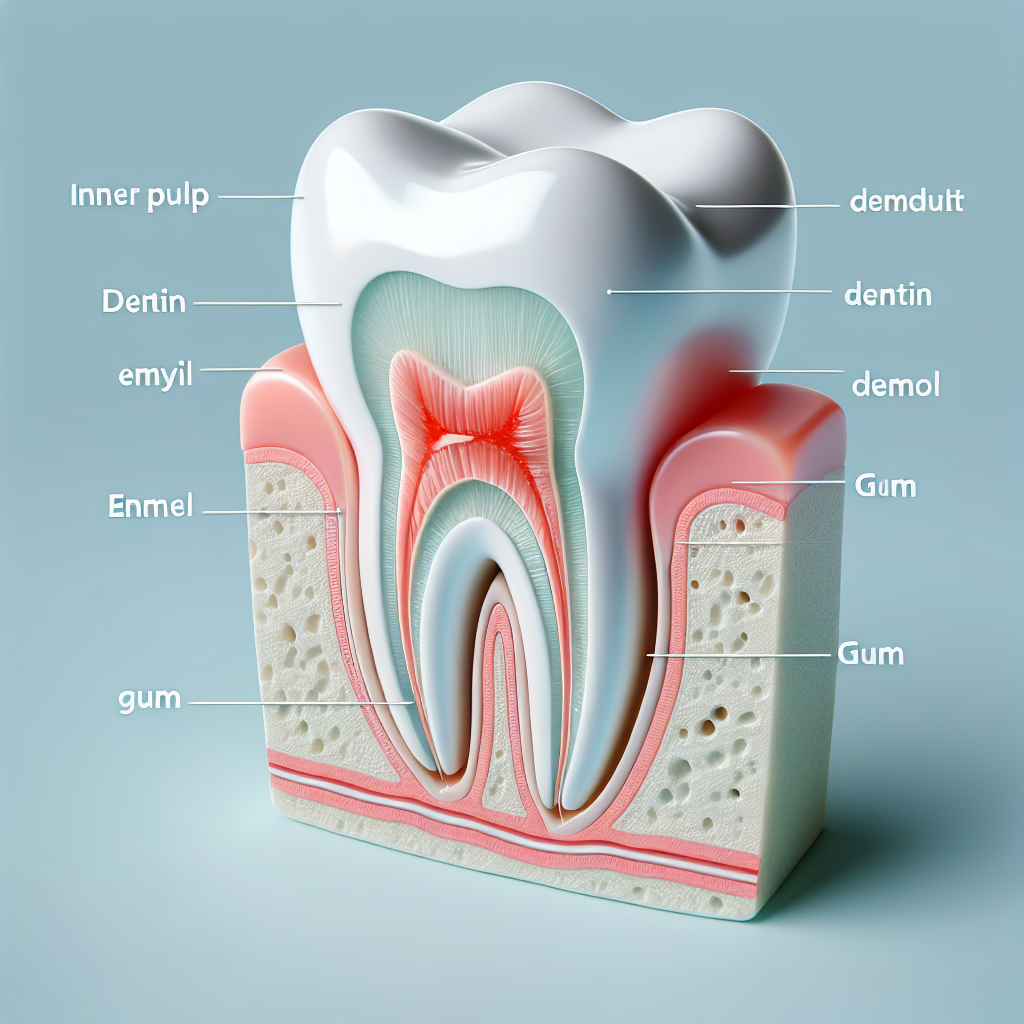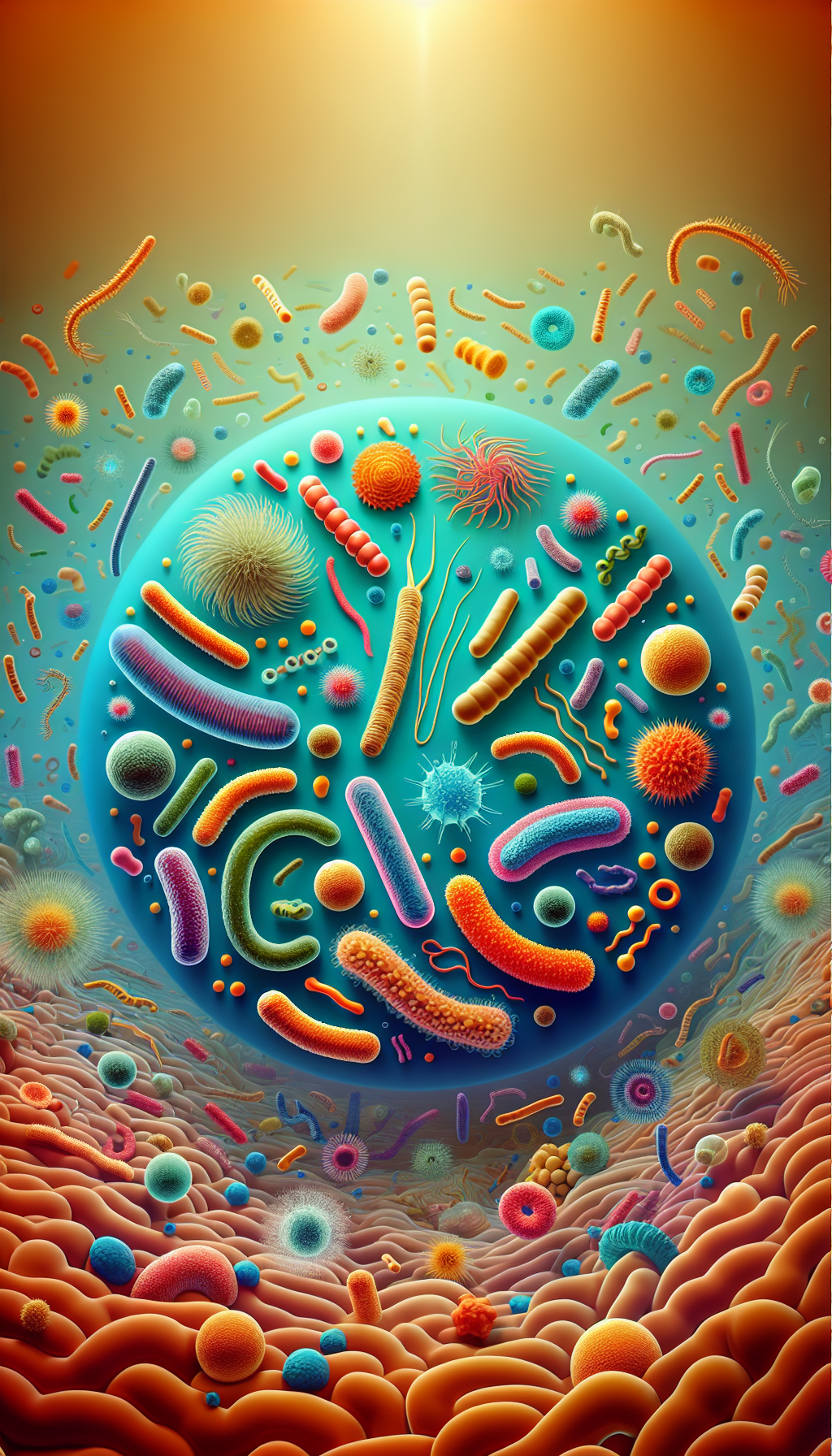Good oral health is not just about having a bright smile; it plays a significant role in overall wellness, particularly in digestion. The mouth is the starting point of the digestive system, and the state of your oral health can have far-reaching effects on how your body processes food. From the mechanical breakdown of food to the chemical process initiated by enzymes, oral health is an integral part of efficient digestion.
The Beginning of the Digestive Journey
Digestion begins the moment you take your first bite. Teeth are responsible for mastication, the process of chewing, which breaks down food into smaller particles. This not only makes swallowing easier but also increases the surface area for digestive enzymes to work on. Poor oral health can lead to inadequate chewing due to pain or missing teeth, which can result in larger food particles entering the stomach. This can place additional strain on the rest of the digestive system as it has to work harder to break these particles down, potentially leading to gastrointestinal issues.
Saliva is also a key player in digestion. It moistens food to aid in the creation of a bolus (a small round mass of chewed food) and contains enzymes like amylase, which begins the breakdown of carbohydrates. Inadequate saliva production, a condition known as xerostomia, can hinder this process and negatively impact digestion.
The Role of Bacteria in Oral Health and Digestion
The mouth is home to a complex microbiome consisting of both beneficial and harmful bacteria. Maintaining a balanced oral microbiome is crucial for digestive health. Good bacteria help in breaking down certain foods and can even fight off harmful bacteria. However, poor oral hygiene can lead to an overgrowth of harmful bacteria, which can contribute to tooth decay and gum disease. These conditions can affect chewing and saliva production, but they can also lead to more serious health concerns if the bacteria enter the digestive system or bloodstream.
For those interested in deeper connections between various aspects of health, you might find our article on digestive health illuminating, as it explores further how interconnected our bodily systems are.
The Impact of Oral Health on Nutrient Absorption
When food is not properly broken down in the mouth, it can lead to less efficient nutrient absorption later in the digestive tract. For example, complex carbohydrates that are not initiated to break down by salivary amylase due to poor oral health may be less fully digested in the stomach and small intestine, leading to reduced energy availability from these foods.
Nutrient deficiencies can also occur as a result of poor oral health. Conditions like periodontitis can lead to tooth loss, which may limit the types of food you can eat. For example, difficulty in chewing fibrous vegetables or tough meats can lead to a diet lacking in essential nutrients. To better understand the relationship between nutrition and oral health, consider reading about nutritional strategies for managing gastritis, which can provide insights into how the quality of your diet impacts your digestive system.
Oral Health and Gut Health: The Connection
Gut health has received increasing attention for its role in overall health and well-being. The condition of your mouth can have a direct impact on your gut microbiome. An overgrowth of harmful oral bacteria can disrupt the delicate balance of the gut microbiome, leading to issues such as dysbiosis, which can contribute to a range of digestive problems including bloating, constipation, and irritable bowel syndrome (IBS).
For those dealing with digestive health issues, understanding the role of digestive enzymes in food allergies and intolerances can be particularly helpful. This resource delves into how enzymes are crucial to breaking down food molecules and what happens when this process goes awry.
Best Practices for Oral Health
To maintain good oral health and support your digestive system, consider the following practices:
- Brush your teeth at least twice a day with fluoride toothpaste.
- Floss daily to remove plaque and food particles between teeth.
- Limit sugary snacks and acidic drinks that can erode tooth enamel.
- Stay hydrated to ensure adequate saliva production.
- Visit your dentist regularly for check-ups and cleanings.
Adhering to these practices not only helps in preventing dental issues but also supports the initial phase of digestion.
External Resources to Explore
For those interested in diving deeper into the topic, here are some informative resources:
- The American Dental Association offers a wealth of information on oral health and its impact on overall health, including digestion.
- Research on the microbiome’s influence on health can provide insights into how oral bacteria affect the gut microbiome.
- The National Institute of Dental and Craniofacial Research provides current research on oral health and its broader implications.
- You can also learn about the link between oral health and chronic diseases from the Centers for Disease Control and Prevention (CDC).
- For a comprehensive understanding of nutritional science, The Nutrition Source by Harvard T.H. Chan School of Public Health is an excellent resource.
Remember, a healthy mouth is more than just a gateway to a beautiful smile; it’s the start of a healthy digestive system. By taking care of your oral health, you’re not just preserving your teeth and gums—you’re taking a crucial step in maintaining your overall digestive wellness.



